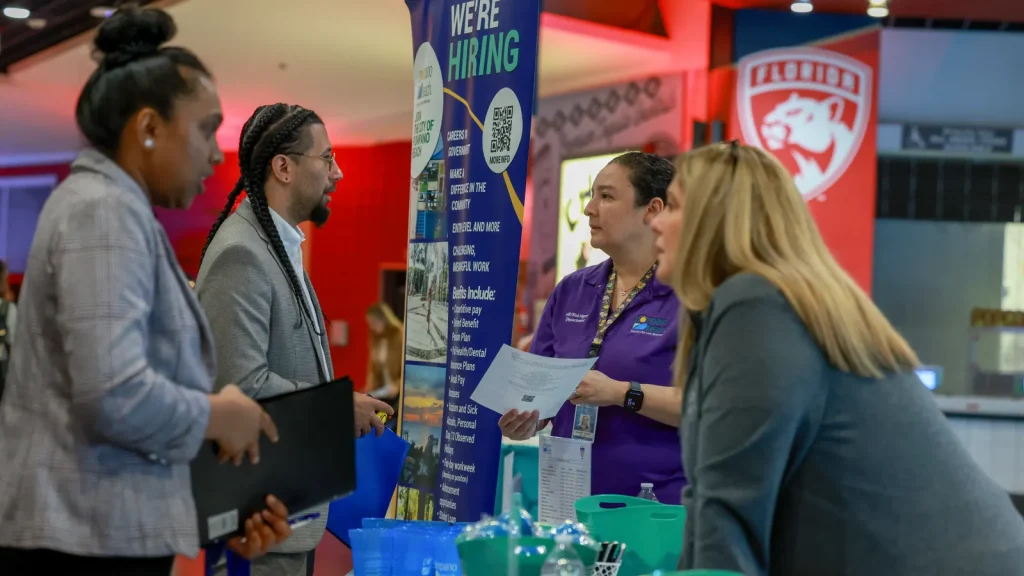Hiring Confidence Shifts for Student-Athletes as Employers Reassess Growth Plans for 2025

For student-athletes nearing graduation, the road to landing that first full-time job can be an overwhelming one. As employers recalibrate their hiring strategies for 2025, the outlook for new grads is shifting, reflecting the changing job market. While student-athletes are still optimistic about their prospects, challenges like declining job openings and increasing competition are creating uncertainty.
According to a recent report from Express Employment Professionals, 78% of hiring managers initially felt positive about their hiring plans for 2025. However, as we move further into the year, this optimism has waned, with 37% of employers expressing a negative outlook—up from 30% just a few months ago. The reasons behind this shift include growing workloads and the need to replace employees due to turnover, but also concerns over budget cuts and shifting industry demands.
For student-athletes, this means that standing out during the job search process is more crucial than ever. Many employers, while still hiring, are being more strategic about who they bring on board, which calls for applicants to be even more intentional about their job search strategies.
One of the most significant tools that students are turning to in response to these challenges is artificial intelligence (AI). AI tools like ChatGPT have become essential for recent graduates in optimizing their job applications. By feeding resumes into AI systems, student-athletes can ensure that their resumes are tailored to specific job descriptions, helping them pass through applicant tracking systems (ATS) and get noticed by hiring managers.
However, while AI can help streamline the application process, it is not the only piece of the puzzle. As Justin Jones, director of BYU’s Career Studio, explains, networking remains a critical element of the job search. Building connections and establishing relationships with professionals in your field can open doors that AI simply can’t. Student-athletes, in particular, have the advantage of a built-in network from their time on campus and through their athletic programs.
Ultimately, while AI can help student-athletes efficiently submit applications, it’s the personal relationships and interviews that will determine whether they secure a job. The key to success in the current job market is leveraging technology to connect with the right people and stand out beyond just a resume.
As job seekers, student-athletes must continue to balance the technological tools available to them with the timeless power of building a professional network. The message is clear: AI can get you noticed, but it’s your personal connections and interviews that will land you the job.

